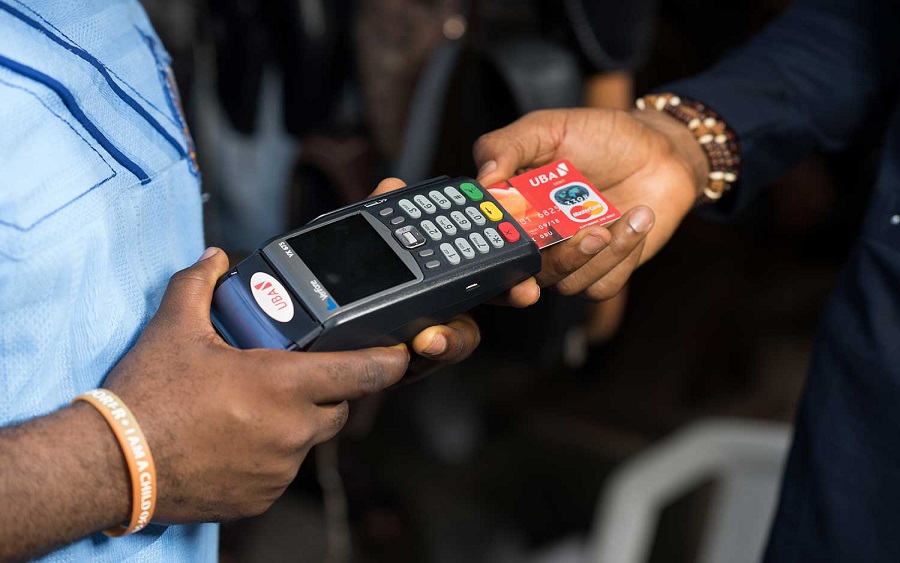Nigerian Electronic Payments Surge 89% YoY to Naira 257 Trillion in Q1’24: NIBSS

Recent data released by the Nigerian Interbank Settlement System (NIBSS) indicates a significant shift away from cash transactions, with electronic payment transactions (EPT) soaring in value.
Thank you for reading this post, don’t forget to subscribe!
In the first quarter of 2024 (Q1’24), the value of electronic payment transactions grew substantially by 89 percent year-on-year (YoY) to N257.73 trillion, up from N136.2 trillion in Q1’23, according to the latest NIBSS report.
Key highlights from the report include:
– NIBSS Instant Payment (NIP) transactions witnessed a remarkable 90.8 percent YoY increase to N236.46 trillion in Q1’24 from N123.9 trillion in Q1’23.
– Mobile Money Operations (MMO) transactions surged by 87.8 percent to N17.11 trillion in Q1’24 from N9.11 trillion in Q1’23.
– Automated Clearing House (ACH) transactions experienced exponential growth, with the value rising by 127.9 percent to N10.1 billion in Q1’24 from N4.43 billion in Q1’23. The volume also increased by 6.7 percent to 6.46 million in Q1’24 from 6.05 million in Q1’23.
These figures underscore the increasing adoption of electronic payment channels by Nigerians for their financial transactions.
On the other hand, the value of Cheque transactions grew by 22 percent to N935.24 billion in Q1’24 from N765.9 billion in Q1’23, although the transaction volume declined by 16.6 percent to 900.3 million from 1.08 billion over the same period.
In contrast, Point of Sale (PoS) transactions, which represent a cash alternative, experienced a YoY decline of 8.09 percent to N2.61 trillion in Q1’24 from N2.84 trillion in Q1’23. This decline continued into February, recording a 5.29 percent month-on-month decrease to N805 billion from N850 billion in January.
Overall, the data reflects a notable trend towards electronic payment methods, signaling a shift towards a more cash-lite economy in Nigeria.




